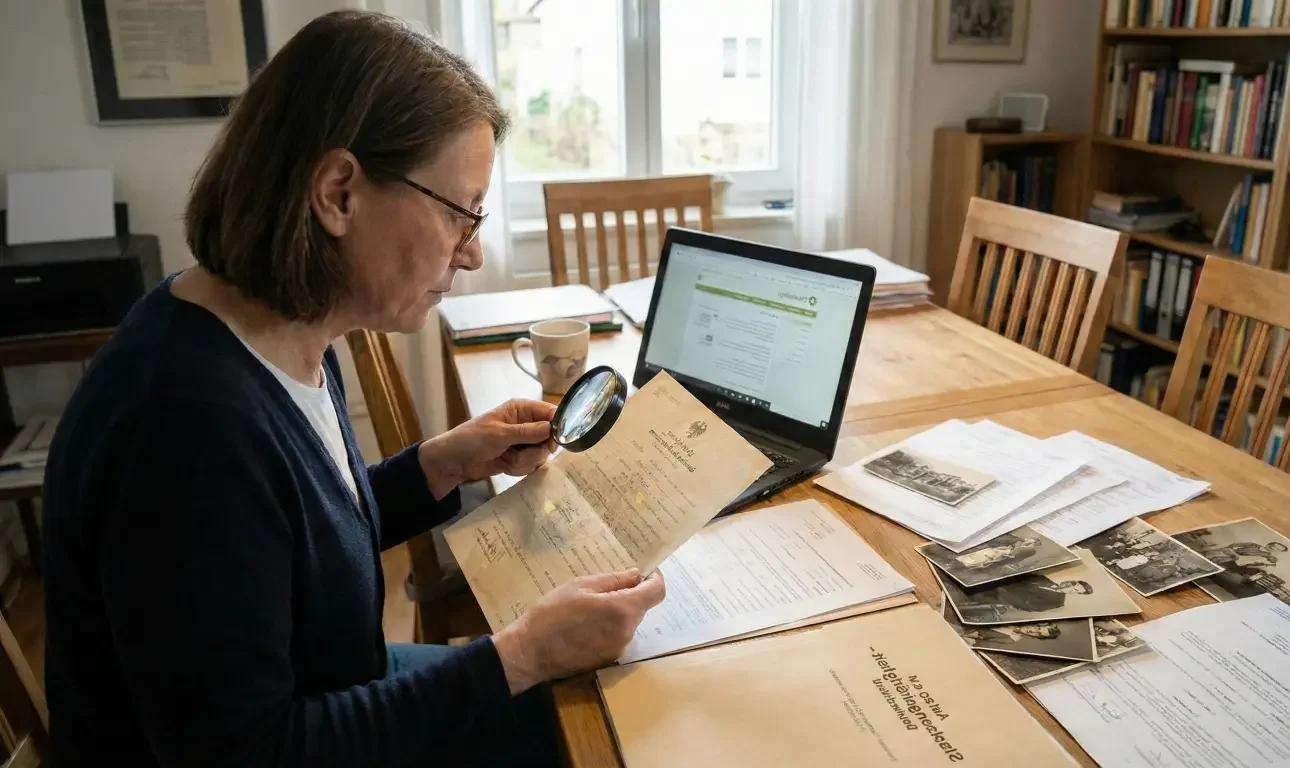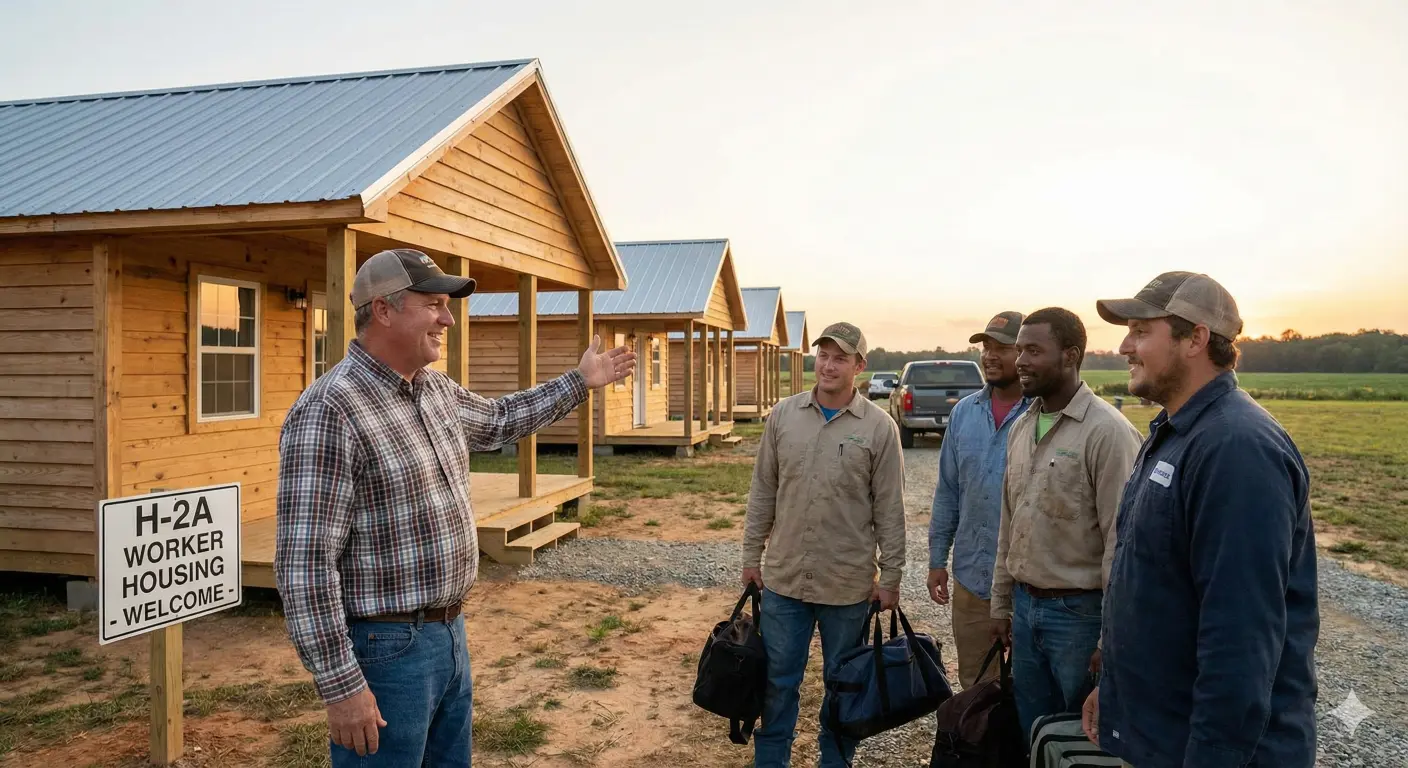Exploring Spanish Citizenship by Descent
Obtaining Spanish citizenship by descent can be a transformative journey that connects you with your family’s past while opening the door to an entirely new future. This comprehensive guide aims to walk you through every aspect of the process, from eligibility criteria to the benefits you will enjoy. Whether your roots trace back to Spain through your parents, grandparents, or even great-grandparents, understanding this path to citizenship can create a valuable bridge to your heritage and expand your opportunities.
The Path to Spanish Citizenship by Descent
For many, Spanish citizenship is a dream that symbolizes both a connection to family heritage and the chance to build a new life within the European Union. Citizenship by descent in Spain offers a pathway for those who can prove their Spanish ancestry, be it through their parents, grandparents, or—occasionally—even great-grandparents. Below, we break down the various paths, the eligibility criteria, and the essential steps you’ll need to take.
Immediate Eligibility: Spanish Parents
The most direct route to Spanish citizenship by descent is through a Spanish parent. If one or both of your parents were Spanish citizens, either by birth or through later acquisition, you may qualify for immediate eligibility. This route is designed to reconnect the children of Spanish citizens with their country of origin, regardless of where they currently reside.
This process is often less complicated than other paths, as the Spanish government has made it relatively straightforward for children of Spanish citizens to reclaim their heritage. It typically requires fewer documents, and the eligibility is more easily verified, as the parental link is direct. The benefits of gaining Spanish citizenship through this route include an easier process, less paperwork, and, of course, the opportunity to reconnect with the homeland of your immediate family.
The Grandparent Rule: The Democratic Memory Law
The next most common route to Spanish citizenship by descent is through grandparents, especially those who emigrated from Spain during significant historical events like the Spanish Civil War. Often referred to as the Law of Historical Memory or the Democratic Memory Law, this path was designed to honor the descendants of Spanish citizens who had to leave Spain due to political or economic hardship.
If one or more of your grandparents were Spanish citizens who emigrated from Spain, you might qualify under the grandparent rule. The Spanish government recognizes that many families left Spain during times of political upheaval, such as during the Franco regime, and they wish to give their descendants an opportunity to reclaim Spanish nationality.
To qualify, you will need to provide documentation that demonstrates your grandparent’s Spanish citizenship and the circumstances of their emigration. Birth, marriage, and emigration records are often required, and some documentation may need to be translated or legalized. Despite the additional effort, this path offers a deeply meaningful connection to your family’s history and a chance to honor the sacrifices made by previous generations.
Claiming Citizenship Through Great-Grandparents
When it comes to great-grandparents, things get a little trickier. In general, Spanish citizenship by descent does not extend directly to great-grandparents unless there is an uninterrupted link that extends through your parent or grandparent. For instance, if your grandparent never formally renounced their Spanish citizenship and your parent also maintained some form of Spanish nationality or right to it, you might still be eligible.
This path requires a detailed paper trail, with documents stretching across multiple generations. It’s not impossible, but it does demand patience, as you will need to demonstrate that the connection to Spanish citizenship was never severed. This can be challenging, particularly if some of the records have been lost or are difficult to obtain.
Steps to Apply for Spanish Citizenship by Descent
Once you’ve determined that you’re eligible, you will need to start gathering the required documents and submit an application. The process is thorough, but the reward of reconnecting with your heritage and gaining EU citizenship is more than worth the effort.
1. Gather Your Documentation
The first and perhaps the most challenging step in the process is gathering all the necessary documents to prove your lineage. This typically includes birth, marriage, and death certificates of your ancestors to demonstrate the connection to your Spanish heritage. These documents must be legally recognized, meaning that they may need to be apostilled or otherwise legalized to be considered valid by the Spanish authorities.
Additionally, in many cases, you will need to have these documents translated into Spanish by an official translator. This step is crucial, as improperly translated documents can delay or even invalidate your application. Ensuring that all your documents are in order is key to moving your application through the system as smoothly as possible.
2. File Your Application
The next step involves filing your application either at a Spanish consulate in your current country of residence or directly at a civil registry in Spain. Each consulate may have slightly different requirements, so it is important to check the specific guidelines for your location.
The application typically includes a formal declaration of your intent to become a Spanish citizen, along with all of the supporting documents that prove your eligibility. Depending on your specific situation, you may also need to provide proof of your current nationality and a clean criminal record. The process can take anywhere from several months to over a year, depending on the complexity of your case and the workload at the consulate or registry.
Key Benefits of Spanish Citizenship
Obtaining Spanish citizenship by descent isn’t just about connecting with your heritage—it comes with numerous practical benefits that can significantly improve your quality of life. Below, we discuss some of the main advantages of holding Spanish citizenship.
1. Right to Live, Work, and Travel Freely
Spanish citizenship grants you the right to live, work, and study in Spain. This means that you will have the same rights as any other Spanish citizen, including access to healthcare, education, and social services. For those with Spanish ancestry, this is a powerful way to reconnect with their roots while enjoying all the privileges that come with Spanish nationality.
In addition, as a Spanish citizen, you will have the right to travel freely within the European Union. This is a significant benefit, as it allows you to live and work in any EU country without the need for a visa or work permit. For many, this represents a huge increase in opportunities, both professionally and personally.
2. Access to the European Union
Becoming a Spanish citizen also means gaining access to the broader European Union. With an EU passport, you can move freely between member countries, work in any EU nation, and enjoy the benefits of being part of one of the world’s largest and most prosperous unions.
This also means access to the Schengen Zone, which includes 26 countries that have abolished all passport and other types of border control at their mutual borders. Traveling across Europe becomes a breeze with Spanish citizenship, allowing you to explore new cultures and opportunities without the need for lengthy visa applications.
3. Dual Citizenship and Expanded Opportunities
Spain offers the possibility of holding dual citizenship in certain circumstances, particularly for citizens of Latin American countries. This means that you can retain your original nationality while also becoming a Spanish citizen, providing the best of both worlds. Dual citizenship can open doors that would otherwise be closed and make international travel, work, and family matters far easier to navigate.
Having the ability to live and work in Spain also means exposure to a vibrant culture, a high standard of living, and countless opportunities for personal growth. Whether you are interested in business, education, or simply enjoying a higher quality of life, Spanish citizenship can make these aspirations a reality.
Overcoming Common Challenges
The process of obtaining Spanish citizenship by descent is not without its challenges. For many, the biggest hurdles are the bureaucratic procedures, the need for multiple generations of documentation, and navigating the specific requirements of different consulates. Here are some tips for overcoming these common obstacles.
1. Navigating Bureaucracy
The Spanish bureaucracy can be complex, especially for those who are not familiar with the legal system. Dealing with consulates, civil registries, and government offices can be frustrating, particularly if you don’t speak Spanish fluently. One way to make this process easier is to work with an experienced legal professional who specializes in Spanish citizenship. They can guide you through the process, help gather the necessary documents, and ensure that everything is filed correctly.
2. Document Gathering and Translation
As mentioned earlier, gathering the required documents can be a lengthy process, especially if you are dealing with older records. Depending on where your ancestors lived, you may need to contact different government offices, churches, or archives to get the necessary birth, marriage, and death certificates. If your ancestors emigrated to a non-Spanish speaking country, you will also need to have these documents professionally translated.
3. Staying Patient and Persistent
Finally, it’s important to remember that this process can take time. Applications can take months or even years to process, and delays are common. It’s essential to stay patient and keep pushing forward, even when it feels like the process is moving slowly. Persistence is key, and the reward of gaining Spanish citizenship will make all the effort worthwhile.
A Personal Connection: Stories of Success
Many individuals who have pursued Spanish citizenship by descent speak of the deep personal satisfaction that comes from reconnecting with their heritage. For some, it’s about honoring their grandparents who had to leave Spain under difficult circumstances. For others, it’s about exploring opportunities for themselves and their children that were previously out of reach.
Take, for example, Maria, whose grandparents fled Spain during the Spanish Civil War. For years, Maria had heard stories of her family’s life in Spain—the beautiful countryside, the vibrant culture, and the challenges they faced during those turbulent times. By gaining Spanish citizenship, Maria was not only able to honor her grandparents’ memory but also give her children the opportunity to live and study in Europe.
Another story is that of John, who discovered his eligibility for Spanish citizenship while researching his family tree. For John, the process was about more than just gaining an EU passport; it was about discovering who he was and where he came from. The journey brought him closer to his family and gave him a sense of identity that he had never felt before.
3A Immigration Services: Your Partner in Gaining Spanish Citizenship
Navigating the process of obtaining Spanish citizenship by descent can be complex, but you don’t have to do it alone. At 3A Immigration Services, we specialize in helping individuals like you connect with their heritage and gain the citizenship they deserve. Our experienced team will guide you through every step, from gathering documents to filing your application, ensuring that you have the best possible chance of success. Let us be your partner on this journey to reconnect with your roots and unlock the doors to new opportunities in Spain and beyond.
Conclusion
Spanish citizenship by descent offers a meaningful way to connect with your heritage while gaining the benefits of EU citizenship. Whether your ancestry links back to Spanish parents, grandparents, or even great-grandparents, the opportunity to live, work, and travel freely within Spain and the EU is incredibly valuable. Though the process can be challenging, the rewards far outweigh the effort. With the right guidance and persistence, you can successfully navigate the pathway to Spanish citizenship and create a lasting connection to your family’s history.
- Spain’s Law of Historical Memory and Citizenship
- How to Get Spanish Citizenship Through Descent
- Spanish Consulate Requirements for Citizenship
- Benefits of EU Citizenship Through Spain





